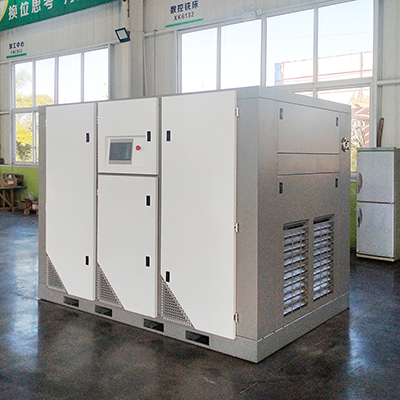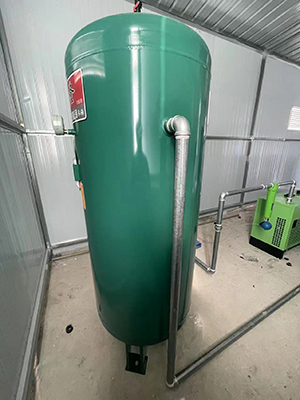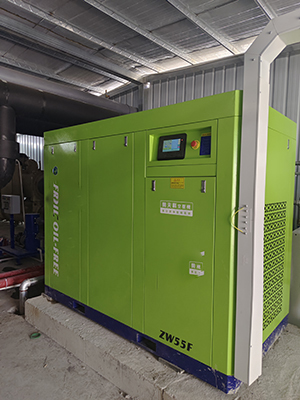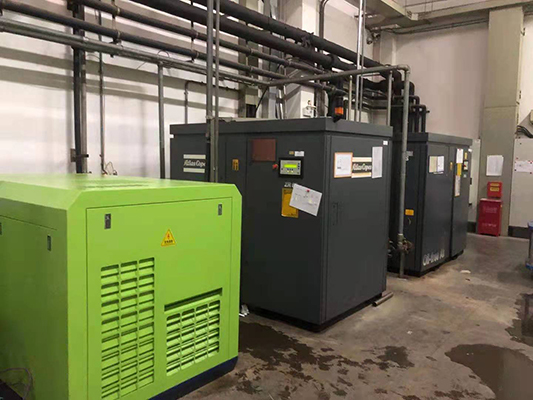Rotary Screw Air Compressor Air Dryer Compatibility
News 2025-10-24
Rotary screw air compressors are essential in various industrial settings for providing a reliable source of compressed air. Air dryers play a critical role by removing moisture from the compressed air to prevent corrosion and maintain system efficiency. Compatibility between these components ensures optimal performance, reducing downtime and extending equipment lifespan. This article explores how proper matching of rotary screw air compressors and air dryers enhances operational reliability and air quality in demanding environments.

Application Scenarios
In manufacturing facilities, rotary screw air compressors paired with compatible air dryers support processes like pneumatic tools and automation systems. For instance, in automotive assembly lines, dry air prevents rust in metalworking, while in food and beverage production, it safeguards against contamination. Pharmaceutical industries rely on this combination to meet stringent air purity standards, ensuring that compressed air does not introduce moisture that could compromise product integrity or regulatory compliance.
Performance Advantages
A well-matched air dryer enhances the efficiency of rotary screw compressors by minimizing energy loss from moisture-related issues. This setup reduces pressure drops and improves airflow, leading to lower operational costs. Additionally, compatible systems offer better dew point control, which is crucial for applications requiring ultra-dry air. Such integration also boosts compressor longevity by preventing internal corrosion, resulting in fewer maintenance interventions and a more stable compressed air supply.
Importance in Industrial Processes
Ensuring compatibility between rotary screw air compressors and air dryers is vital for maintaining uninterrupted production in industrial settings. Moisture in compressed air can cause equipment failures, product defects, and safety hazards, making this pairing indispensable. By achieving optimal dryness levels, businesses can uphold quality standards, reduce waste, and enhance overall process efficiency. This focus on compatibility ultimately contributes to sustainable operations and competitive advantages in energy-intensive industries.


